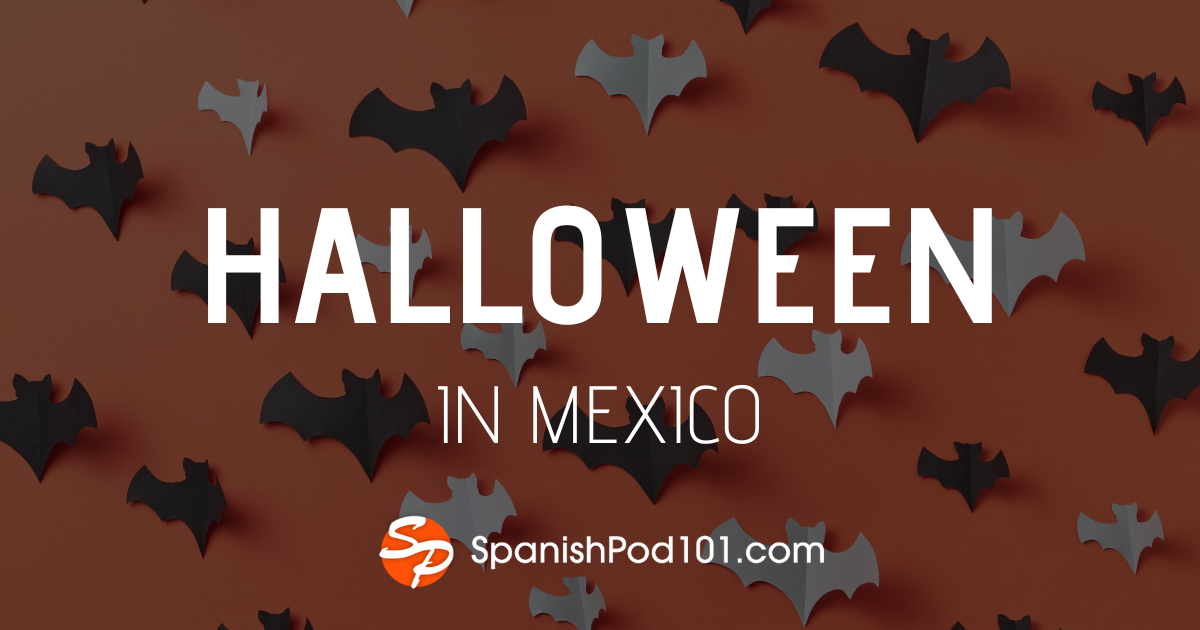May 19, 2010
May 2010 Newsletter
Moms, Dads and Grads
15% Off Basic & Premium Subscriptions
Coupon Code: MAY2JUNE | Redeem Now!
May 2010
In this month's newsletter:
1. 5 New Innovative Language Sites are coming! What new languages will we be adding to the 101.com family?Click here to find out...
2. Cinco de Mayo! Cinco de Mayo is of course, celebrated on May 5th but do you know why? Click here to read about the significance of this day.
3. BONUS Spanish Audio Lesson! We're back with another free audio lesson just for you! Click here to download and listen...
Welcome to the SpanishPod101.com newsletter. We've been really busy gearing up for summer and Innovative Language Learning has a lot of news to share! Stay posted throughout the summer!... Show more
May 13, 2010
Que Delicioso!
The cuisines of the Spanish-speaking world are as varied and diverse as they are delicious. If you haven't tried these delicious dishes, we recommend you do!
If you are a meat lover, you should try "churrasco", which in Latin America means "grilled meat", and Argentinians are known for their love of savory steaks.
If you want to try and exotic and comforting dish, venture into Puerto Rico's "mofongo," a delicious dish of fried plantains and pork rinds, vegetables, meat, or seafood.
Also on the exotic side, unique technique of curing seafood with citrus juice rather than heat, ceviche, is also very delicious invented in Peru and elevated to an art form.
And while it's difficult to pick one dish that represents the... Show more
May 6, 2010
Test your knowledge!
Have you wondered how much you know about Spanish-speaking cultures?take this quiz!
Quiz:
1. in which of these countries is Spanish not the official language?
A) Uruguay
B) Guatemala
C) Brazil
D) Perú
2.Out of the following 3 famous people, match "person" to "profession":
PERSON: <Diego Armando Maradona>, <Alejandro Sanz>, <Hugo Chavez>
PROFESSION: <singer>, <politician>, <sports Star>
3. Which country has the most populated city?
A) México
B) Argentina
C) Spain
D) Colombia
4. TRUE or FALSE: The native populations and cultures of Latin America have left without a trace in the modern culture.
Answers:
1. C, Brazil. The Portuguese colonized Brazil, leaving that... Show more
April 23, 2010
April 2010 Newsletter
1. 101 Million Downloads Reached! On April 12th, SpanishPod101.com and Innovative Language Learning reached 101 million lesson downloads! Thanks to all the listeners for supporting us! The winners from our 101 Million Download contest have been picked and posted. Click here to see if you're a winner!
2. Did you get fooled? Pranks, jokes and lies oh my! - did you dodge them all on April Fool's Day? Click here to read more about this wacky holiday...
3. BONUS Spanish Audio Lesson! We're back with another free audio lesson just for you! We're going green with this month's theme. Click here to download and listen...
Welcome to the SpanishPod101.com newsletter. Spring is here and the warm weather has been inspiring us... Show more
April 14, 2010
Touchdown! 101,000,000 Lessons Downloaded
A BIG Thank you to all our listeners.
101 Lifetime Premium Subscriptions winners have been selected. Did you win? If you entered to win on our site, Facebook, Twitter, or YouTube, please check the winners lists here.
Second Prize - EVERYONE GETS a second prize - Double Your Subscription for ONLY 101 pennies! This is a Very limited offer though. Please click here to see if it is still available for you.
April 7, 2010
All About Spanish: Que Delicioso!
The cuisines of the Spanish-speaking world are as varied and diverse as they are delicious. If you haven't tried these delicious dishes, we recommend you do!
If you are a meat lover, you should try "churrasco", which in Latin America means "grilled meat", and Argentinians are known for their love of savory steaks.
If you want to try and exotic and comforting dish, venture into Puerto Rico's "mofongo," a delicious dish of fried plantains and pork rinds, vegetables, meat, or seafood.
Also on the exotic side, unique technique of curing seafood with citrus juice rather than heat, ceviche, is also very delicious invented in Peru and elevated to an art form.
And while it's difficult to pick one dish that represents the diversity and... Show more
March 31, 2010
All About Spanish: Test your knowledge!
Have you wondered how much you know about Spanish-speaking cultures?Take this quiz!
1. In which of these countries is Spanish not the official language?
A) Uruguay
B) Guatemala
C) Brazil
D) Perú
2.Out of the following 3 famous people, match "person" to "profession":
PERSON: <Diego Armando Maradona>, <Alejandro Sanz>, <Hugo Chavez>
PROFESSION: <singer>, <politician>, <sports star>
3. Which country has the most populated city?
A) México
B) Argentina
C) Spain
D) Colombia
4. TRUE or FALSE: The Native populations and cultures of Latin America have left without a trace in the modern culture.
Answers:
1. C, Brazil. The Portuguese colonized Brazil, leaving that country with Portuguese... Show more
March 30, 2010
Are You a Winner? March 2010 Social Media Contest Winners!
Every month, we are giving away great SpanishPod101.com prizes to 4 lucky listeners. Sign up to follow us on Facebook, Twitter, YouTube or SpanishPod101.com to be eligible to win. Increase your chances of winning by following us on all three sites!
Here are March’s winners:
Facebook: Katie Kim
Youtube: michaelmathieu
Twitter: guenats
SpanishPod101: spence25usn
See your name here? Email us at contactus@spanishpod101.com to claim your prize. Check back next month for April's winners!
March 25, 2010
March 2010 Newsletter
In this month's newsletter:
1. Knocking on 101 MILLION! SpanishPod101.com and our sister sites at Innovative Language Learning are fast approaching a big milestone - 101 MILLION lesson downloads! You could win a Premium LIFETIME Subscription! Best of all, you're already entered to win! Click here to find out more...
2. I Am Woman! March 8th was International Women's Day! Click here to learn more about these holidays......
3. Best Lessons and Blog Entries for March! Find out what’s popular this month! The blog has great content for you to see.
Welcome to the SpanishPod101.com newsletter. Spring is coming and we are ready to welcome in the new season with fun and exciting lessons! These periodic newsletters will deliver... Show more
March 24, 2010
All About Spanish: Fun times!
In par with the culture, festivals and holidays in the Spanish-speaking world are fascinating and lively! Here are some very famous festivities:
-Sanfermines-"The Running of the Bulls"
This 10-day festival in Pamplona, Spain, also features dancers, street performers, and actors in costumes.
-Christmas Season
Traditionally in the Spanish-speaking world, the Three Wise Men are who bring gifts to children, though nowadays most families follow the Santa Claus tradition.
-Semana Santa - "Holy Week"
Holy Week celebrations start on Palm Sunday through Easter Sunday. Every community has a unique Holy Week celebration. Most of
the Spanish-speaking world has off days on Holy week and the following as well.
-Día de los Muertos - "All... Show more









